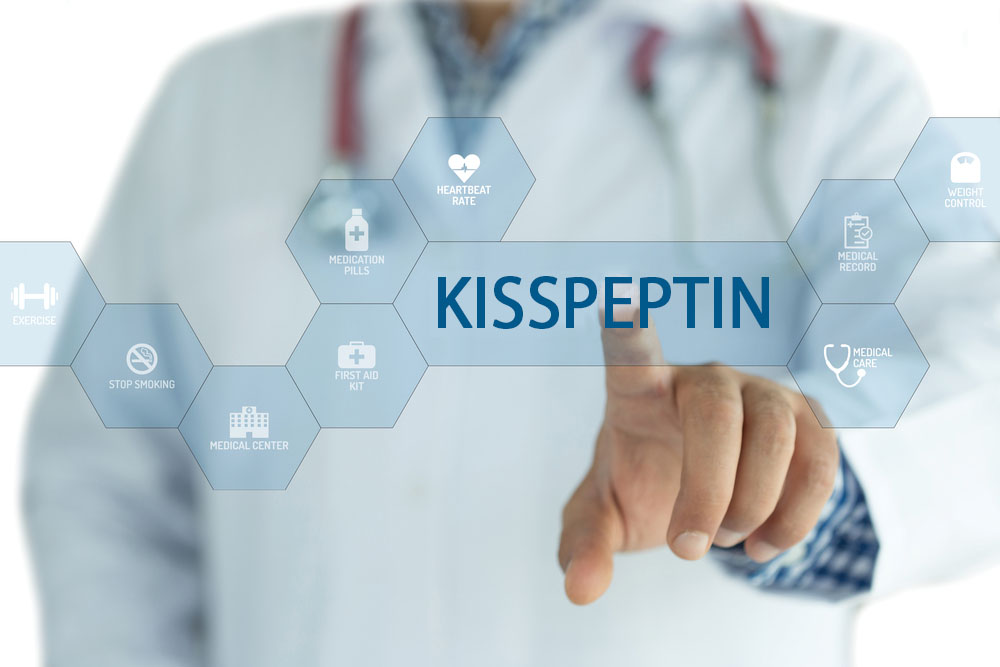
Kisspeptin vs. HCG
Comparing Kisspeptin and HCG
Human chorionic gonadotrophin (HCG) and kisspeptin are medications that can be given to increase testosterone levels. If you have low testosterone, your healthcare provider may recommend treatment.
Low testosterone is often treated with testosterone replacement by injection or infused in an implantable pellet. But some patients are not a candidate for treatment with testosterone or may experience side effects. In these cases, HCG or kisspeptin are alternatives.
In this article, we’ll explore the differences between kisspeptin and HCG and why you might choose one over the other. Read on to learn more.
What is HCG?
HCG, or human chorionic gonadotrophin, is a hormone that can be administered by injection. HCG is often referred to as the “pregnancy hormone” because it is the level that becomes higher during pregnancy. This is the hormone that is measured in a pregnancy test and helps to maintain pregnancy.
But HCG can be given to men and has been used as an alternative to testosterone therapy or to treat infertility. Some men are bothered by the side effects of testosterone treatment, which can cause smaller testicle sizes, changes in sexual function, and infertility. But HCG therapy can help maintain the testicle size while boosting testosterone levels and increasing fertility.
HCG works by stimulating the testicles to increase the production of testosterone. It also boosts sperm production. The increase in the production of both testosterone and sperm can cause the testicle size to increase.
In 2020, the US Food and Drug Administration (FDA) restricted pharmacies from compounding HCG for injection. This has led to a decreased availability of injectable HCG while also increasing cost.
What is Kisspeptin?
Kisspeptin is a peptide that is essential for testosterone production and fertility. Peptides are strings of amino acids. Long chains of peptides form proteins. Each peptide in the body is responsible for a specific function. Peptides signal cell-to-cell communication and tell your cells what to do.
A fun fact is that kisspeptin was discovered in 1996 by researchers working in Hershey, Pennsylvania. Hershey is the home of the famous Hershey chocolate factory and the chocolate Hershey’s Kiss. Researchers named the peptide “kiss”peptin in honor of Hershey’s Kiss.
Kisspeptin regulates the release of hormones like luteinizing hormone (LH) and follicle-stimulating hormone (FSH) from the pituitary gland. These hormones act in the testicles and ovaries to produce sex hormones like testosterone.
There are several benefits to treatment with kisspeptin which include:
- Increased testosterone production
- Prevention of testicle shrinking
- Regulation of fertility
- Increased sex drive
- Improved mood
- Decreased risk of heart disease
- Improved immunity
- Anti-aging
- Improved brain function
- Increased ovarian function
How is Kisspeptin Given?
Like HCG, kisspeptin is given by injection. A few oral versions are available, but injection is the gold standard. The injection of kisspeptin is taken daily.
Kisspeptin can be given at the same time as testosterone supplementation. Some healthcare providers may use this combination together to boost testosterone further.
Are There Side Effects to Kisspeptin?
Kisspeptin is very well tolerated with few side effects. Possible side effects include redness at the injection site and overproduction of sex hormones.
Not the Same, But the Same Results
The great thing about kisspeptin is we can achieve the same results as HCG injections for a lower cost. This makes kisspeptin a perfect substitute for HCG and a great option for testosterone supplementation.
Why Would I need HCG or Kisspeptin?
These treatments are used to boost natural testosterone production or as supplements to testosterone therapy. Symptoms you might experience if your testosterone levels are low include:
- Low energy levels or fatigue
- Decreased sex drive
- Trouble sleeping
- Erectile dysfunction
- Mood changes, including depression and anxiety
- Memory changes
- Loss of lean muscle mass
- Difficulty losing weight
Declining testosterone levels are a normal part of the aging process, but when they cause distressing symptoms, it’s time to consider treatment.
How Do I Know If My Testosterone Level Is Too Low?
In addition to experiencing symptoms like those listed above, we can measure your testosterone level through a blood test. Our specialists at Vitality Aesthetic and Regenerative Medicine will recommend a comprehensive blood test panel that measures your hormone levels. Once we know your levels, we will recommend the best therapy to address your symptoms and treatment goals. We’ll periodically repeat blood tests during treatment to see how your hormone levels respond to treatment. This helps us adjust doses and customize your treatment for the best possible outcome.
How Do I Get Started With Treatment?
Finding out if you are a candidate for medical weight loss treatment starts with a consult with one of our hormone specialists. Call us today at Vitality Aesthetic and Regenerative Medicine to learn more or schedule an appointment. We look forward to hearing from you and assisting you on your journey to optimal health.

